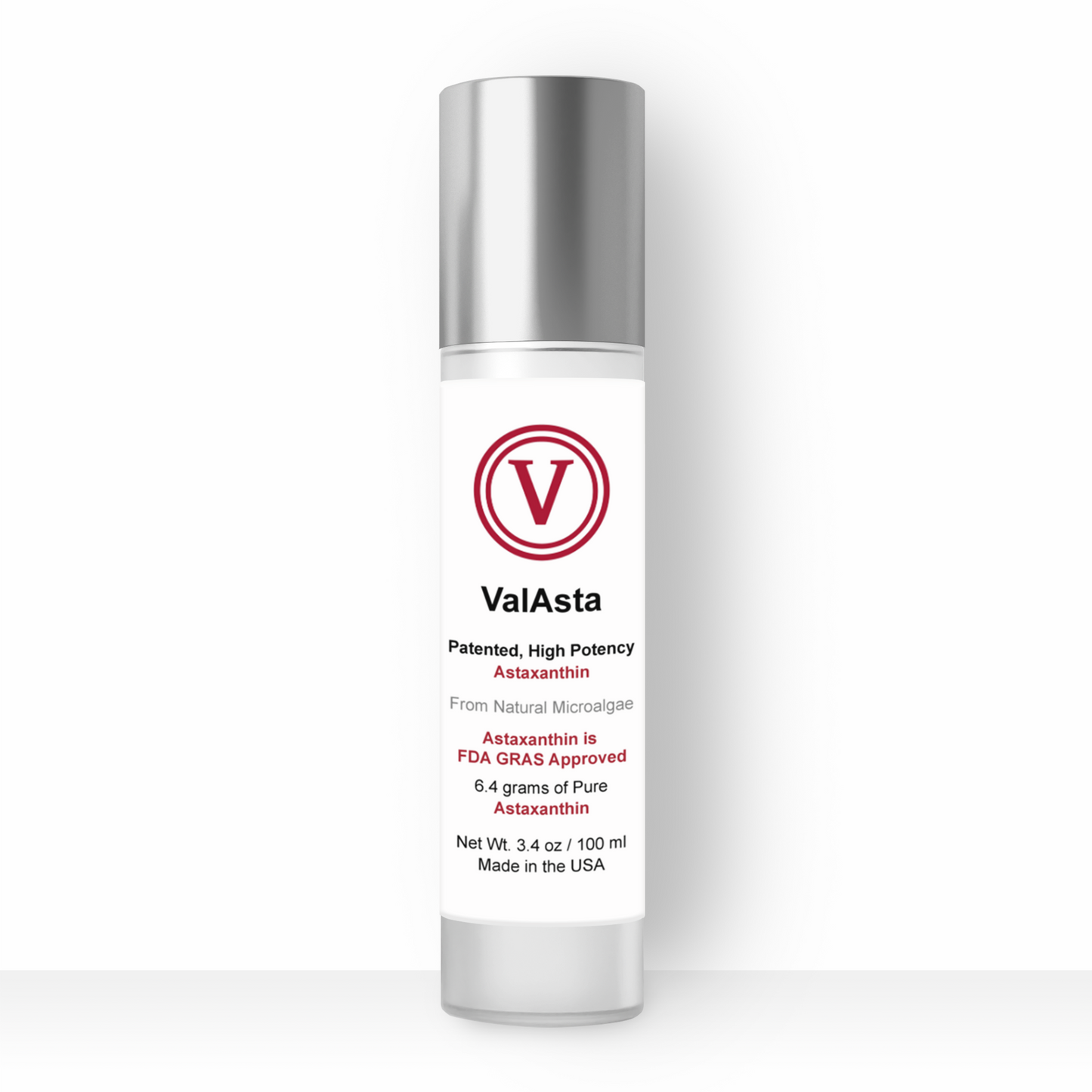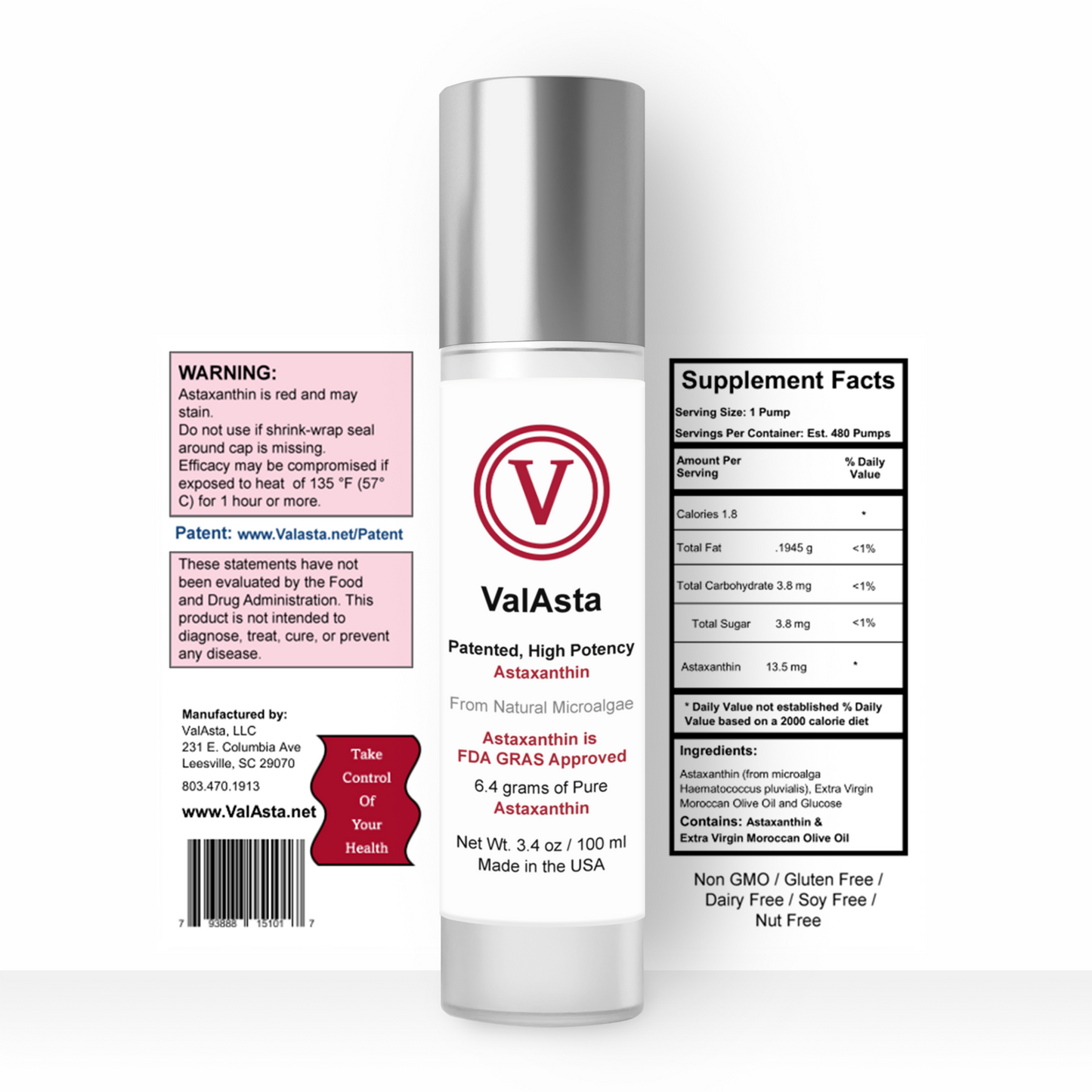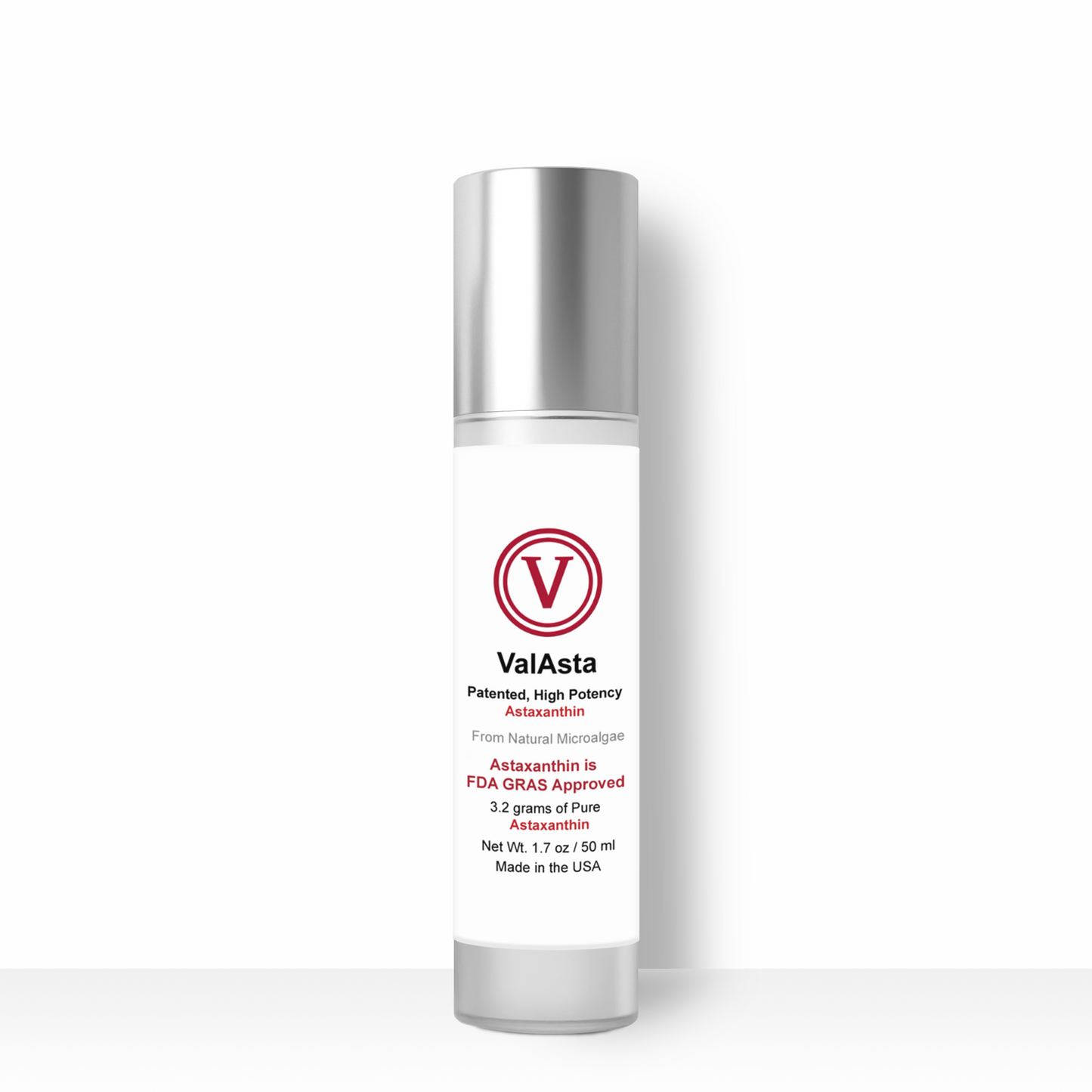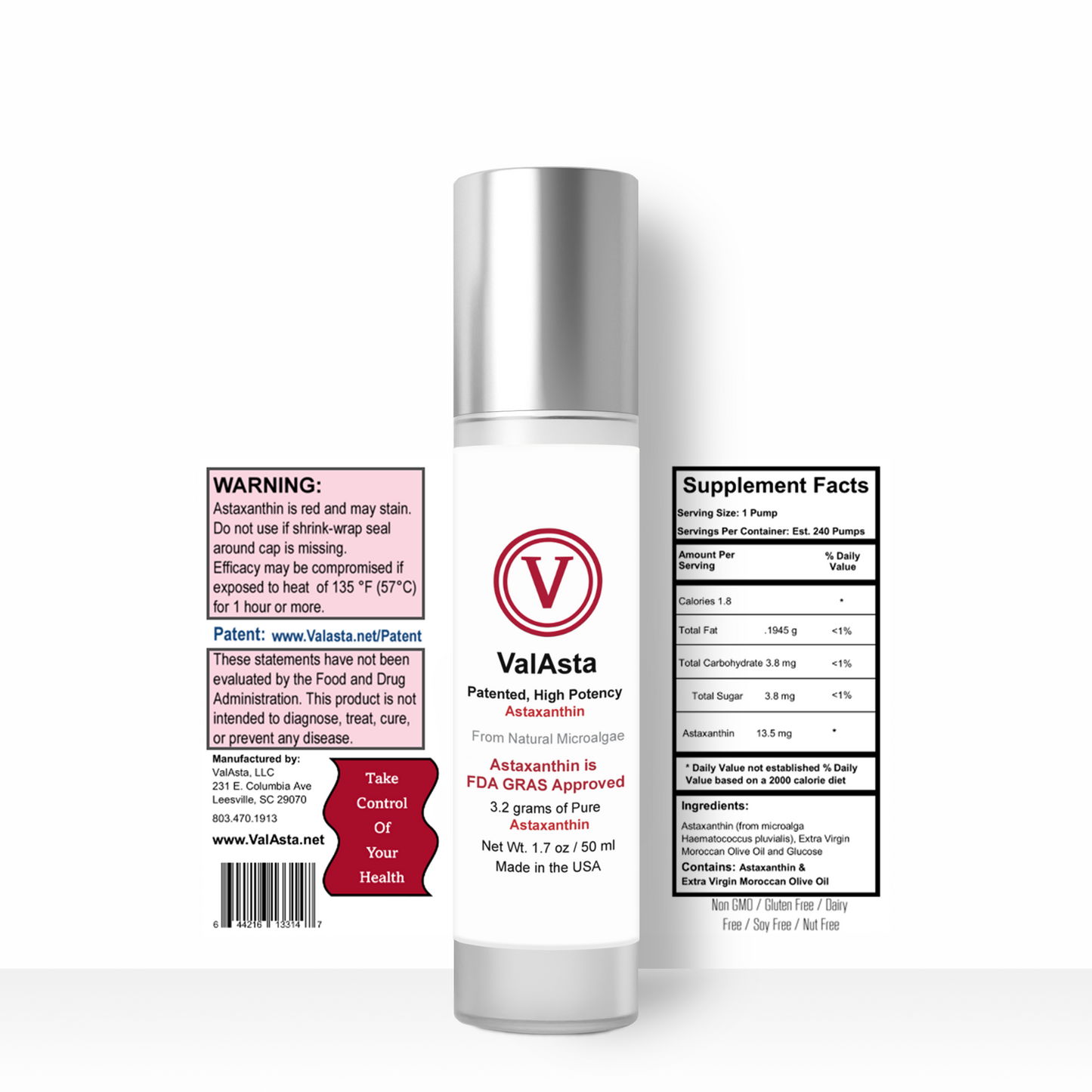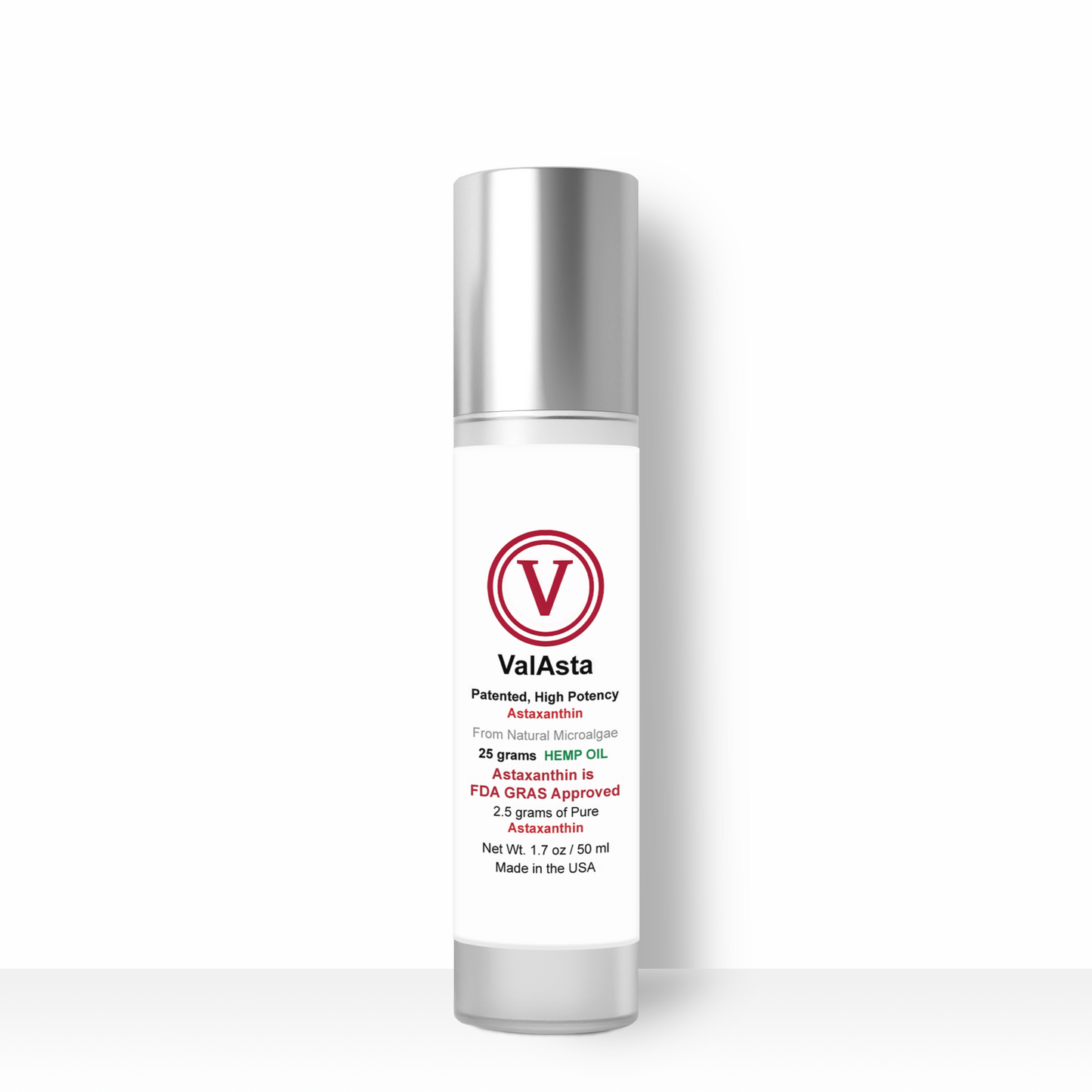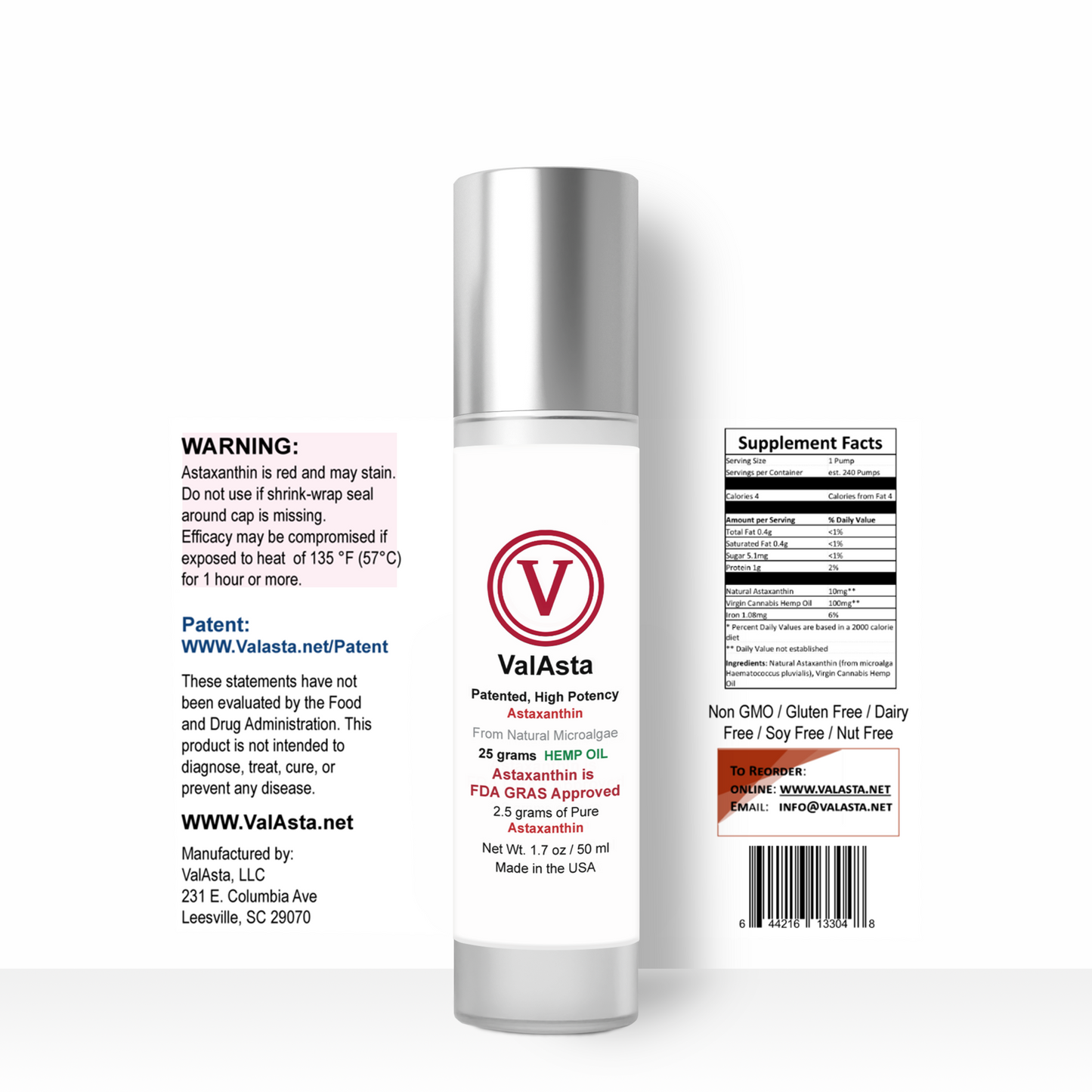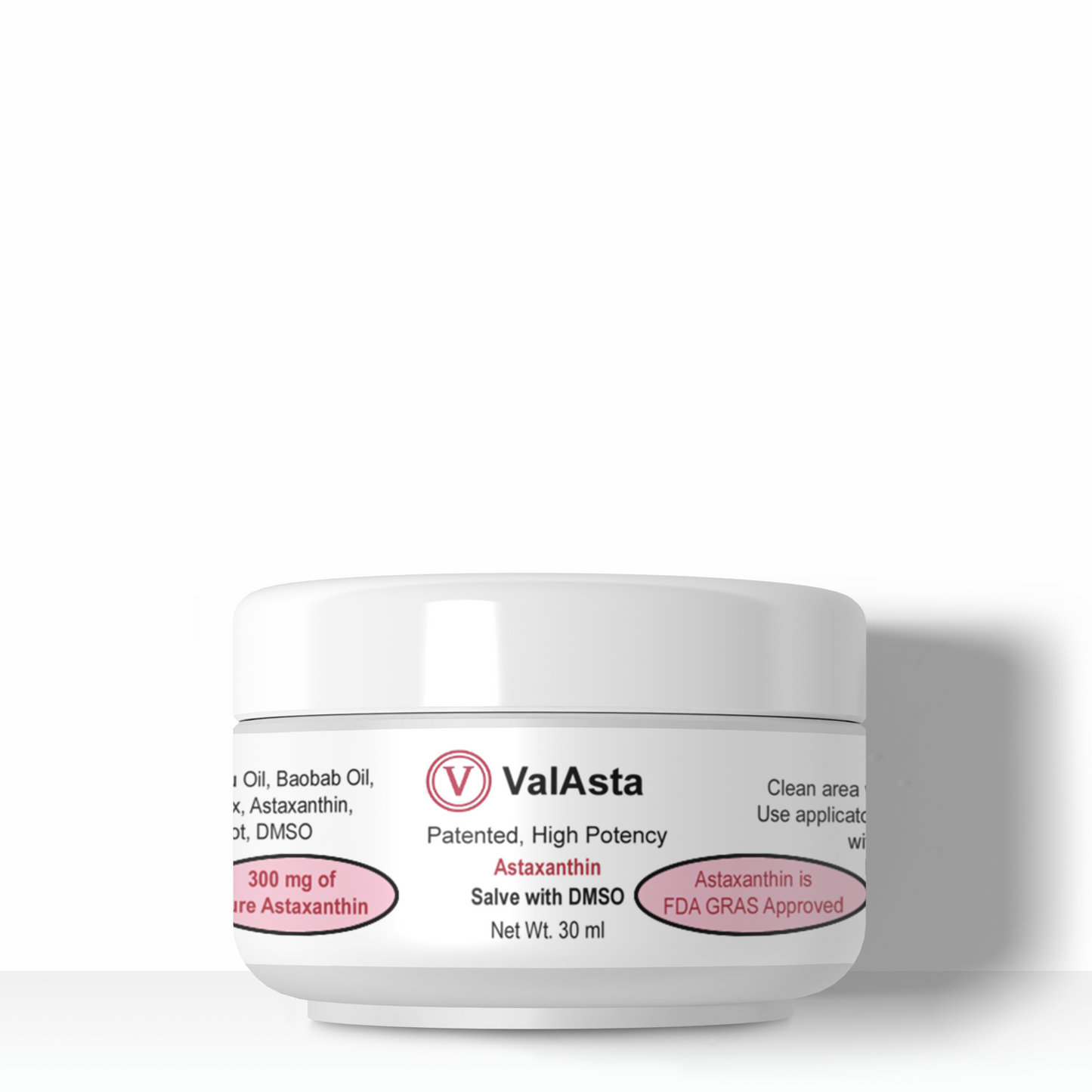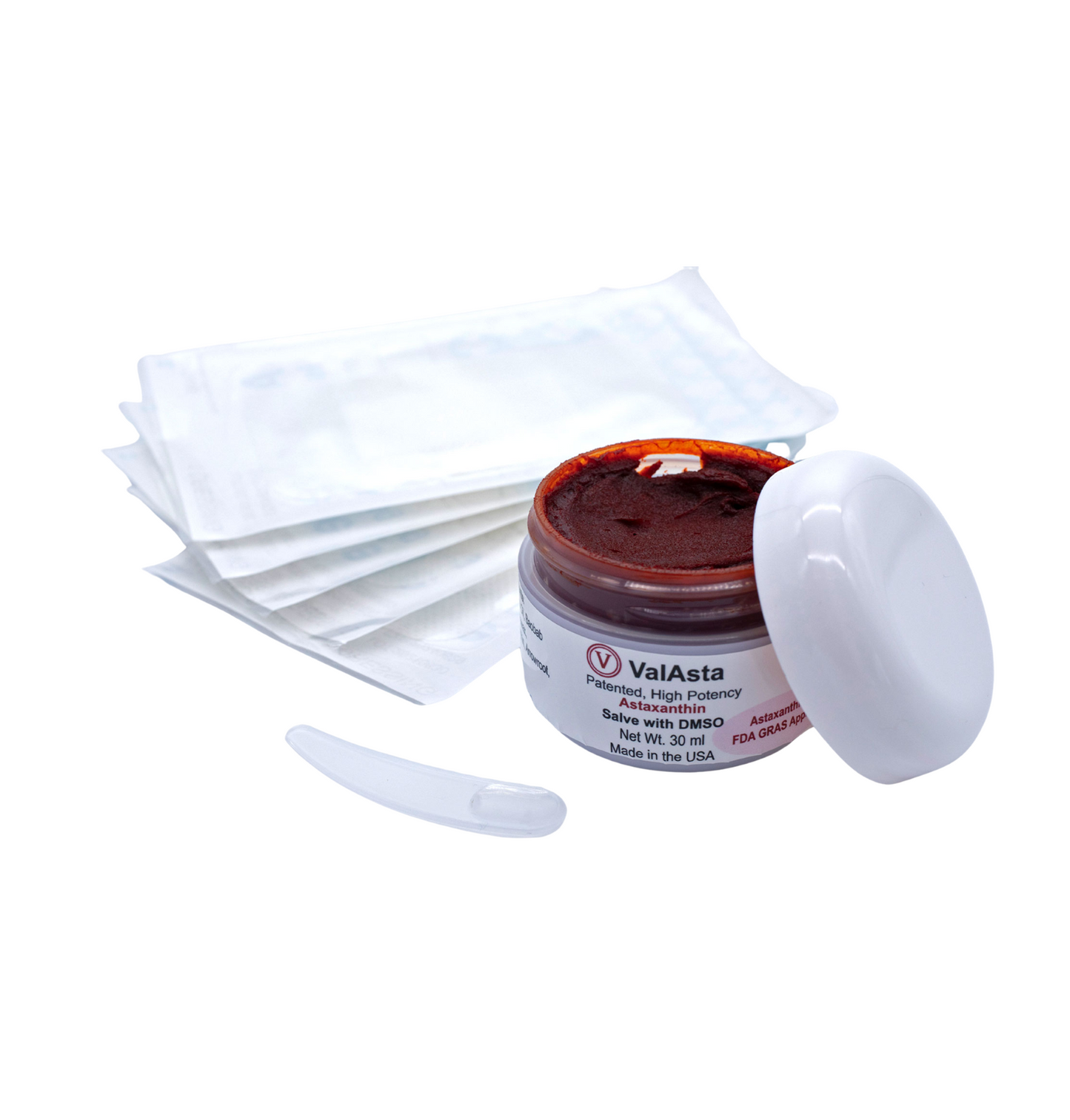Gastric Cancer

Gastric cancer is the fifth most frequently diagnosed cancer and the third leading cause of cancer deaths worldwide. In the United States, gastric cancer incidence has decreased during the past few decades, although the incidence of gastroesophageal cancer has concomitantly increased. Gastric cancer is caused by Inflammation in your gut called gastritis. The main cause of infection is a common bacterium, H. pylori, which causes ulcers. Other causes include a certain type of long-lasting anemia called pernicious anemia, and growths in your stomach called polyps can make you more likely to get stomach cancer. This cancer begins when cancer cells form in the inner lining of your stomach from free radicals or (ROS) from inflammation. These cells can grow into a tumor. Also called stomach cancer, this disease usually grows slowly over many years and is most often seen in people in their late 60s through 80s.
Free Radicals from smoking is a major contributor to gastric and gastroesophageal cancers. Monitoring through a HS – CRP and reducing inflammation can prevent gastric and gastroesophageal cancers.
Symptoms of gastric cancer may cause:
- Indigestion
- Feeling bloated after you eat a meal.
- Heartburn
- Slight nausea
- Loss of appetite
Patented ValAsta is a strong antioxidant and may help prevent or stop gastric cancer as noted in the attached article.
A 2015 NIH scientific article concluded that: astaxanthin inhibits the proliferation of gastric cancer cells, which is explained by the findings that astaxanthin suppresses pathways and increases certain enzyme inhibitors in a dose-dependent manner. The data also suggest that astaxanthin could affect cell cycle machinery proteins, resulting in inhibition of the growth of gastric cancer cells. Astaxanthin Inhibits Proliferation of Human Gastric Cancer Cell Lines by Interrupting Cell Cycle Progression - PMC (nih.gov)
Patented ValAsta is a strong antioxidant and may help prevent or stop H. pylori as noted in the attached article.
From the University of Seoul, Korea in 2021, it was found that astaxanthin treatment is a therapeutic agent to suppress H. pylori-induced tumor pathway in gastric epithelial cells. Nutrients | Free Full-Text | Inhibitory Effect of Astaxanthin on Gene Expression Changes in Helicobacter pylori-Infected Human Gastric Epithelial Cells (mdpi.com)
ValAsta has helped with many other common inflammatory conditions:
Is Astaxanthin Safe?
The safety of astaxanthin administered orally was assessed in a medical trial undertaken in healthy adults. Volunteers were administered astaxanthin or placebo for eight-weeks. The authors concluded that healthy adults could safely consume natural astaxanthin.
In another study, high concentrations of astaxanthin were tested with blood taken from volunteers, 8 of whom were taking aspirin and 12 who were not. Even medical grade concentrations of astaxanthin had no adverse effects.
No significant side effects have been reported so far in published human studies in which astaxanthin was administered to humans.
Are There Any Side Effects?
- Astaxanthin has been classified as a generally safe supplement in the USA.
- ValAsta is 100% natural and has no serious side effects.
- The only side effects we have observed are a slightly reddish stool and in rare cases some stomach discomfort.
Benefits of ValAsta
- The only Patented astaxanthin for treatment of diseases.
- The world’s strongest natural anti-inflammatory.
- The world’s strongest natural antioxidant.
- 6000 x stronger than vitamin C
- Used to reduce chronic inflammation.
- Used as an anti-ageing supplement.
- Used as a health & fitness supplement.
- Protects health at a cellular level.
- Neutralized free radicals or ROS.





















